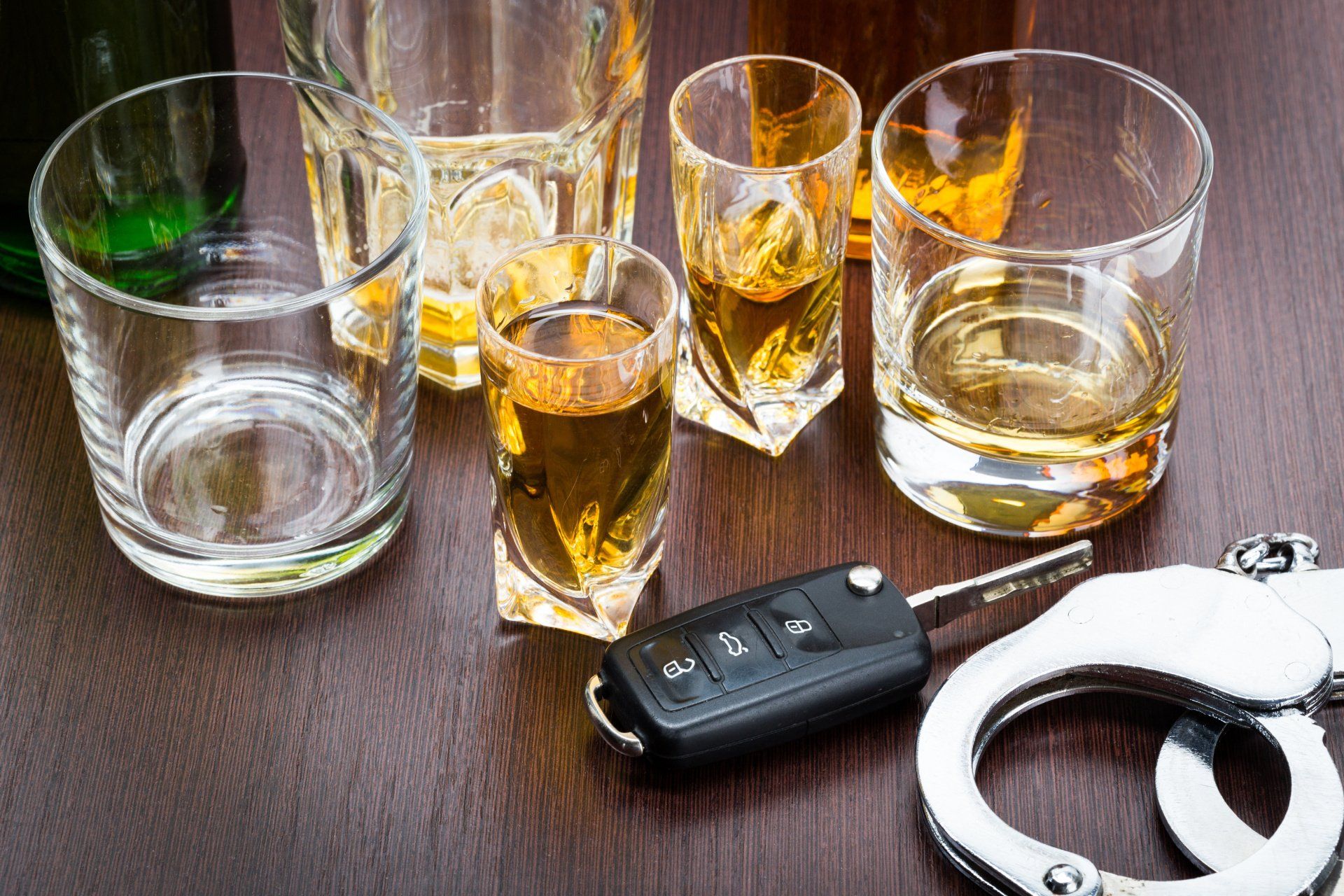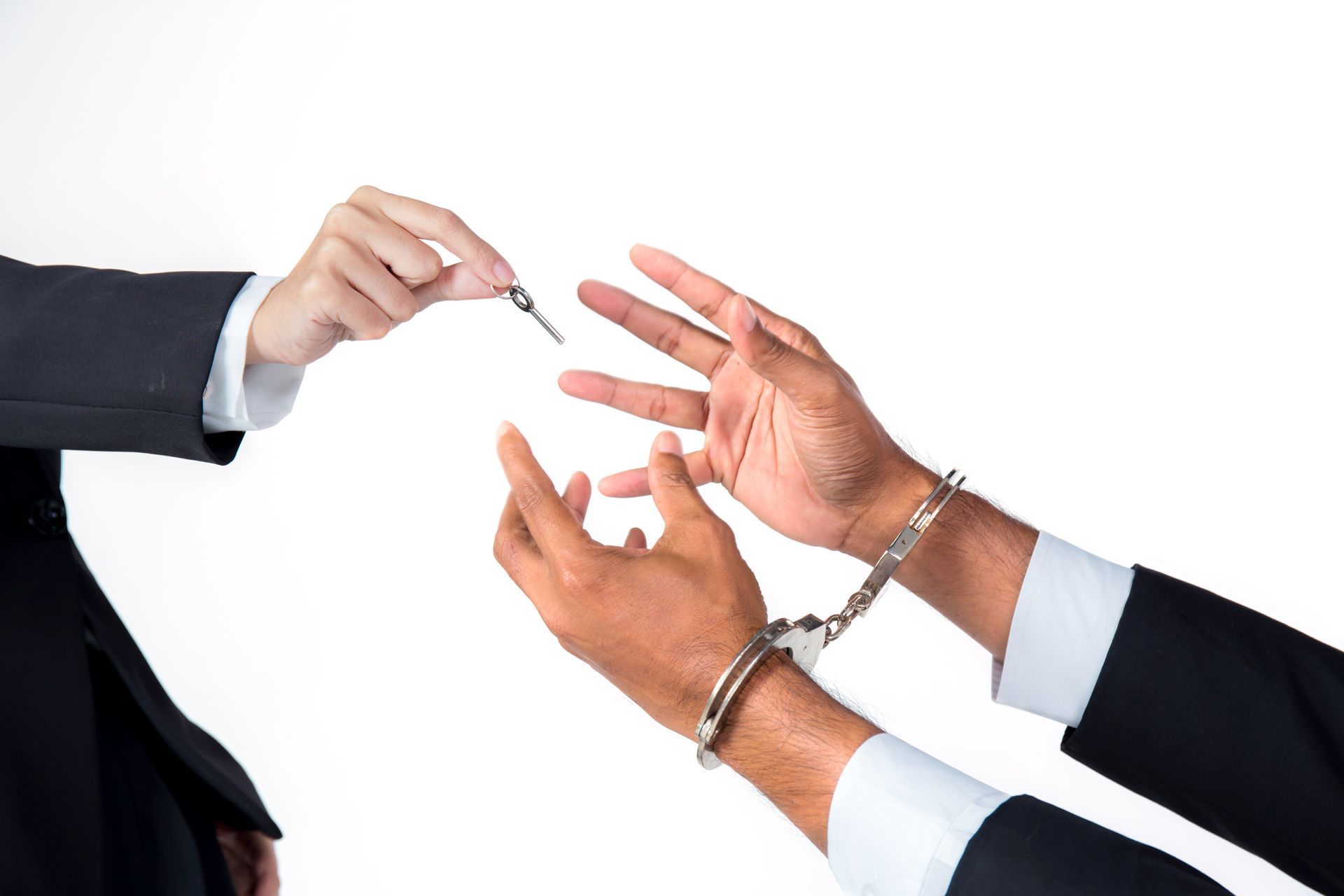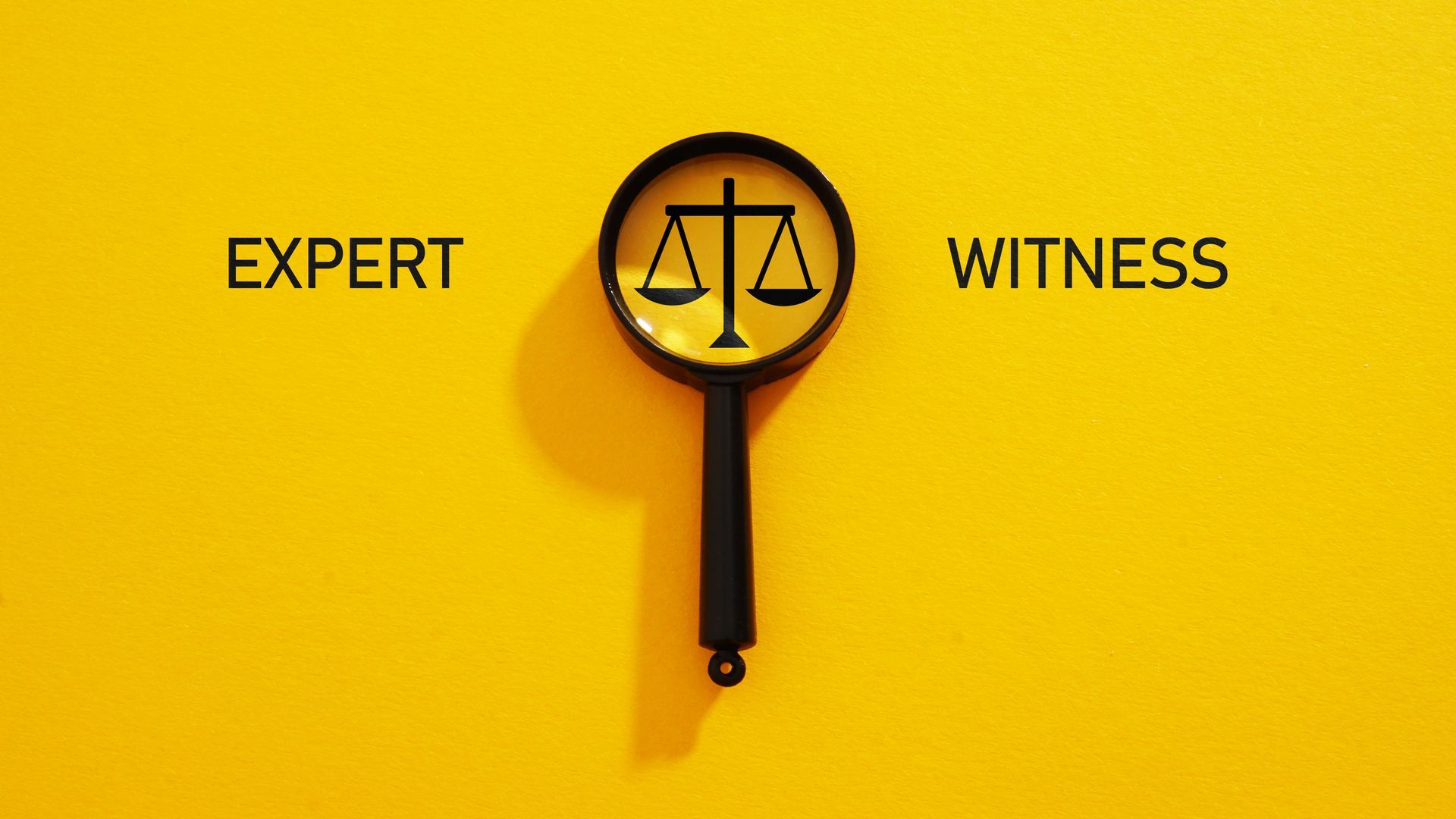DUI Statistics: Alcohol vs Prescription Medications vs Marijuana

According to the National Highway Traffic Safety Administration (NHTSA), an average of 32 people per day die in drunk driving crashes in the United States — that’s one person every 45 minutes.
Drunk driving deaths have fallen dramatically in recent years. There were more than 21,100 alcohol-related accident fatalities in 1982 and just over 10,500 in 2018. While a 50 percent drop in DUI fatalities is good, it’s far from perfect. There are literally thousands of accident deaths each year that could be avoided if people just hailed a taxi or rideshare driver instead of getting behind the wheel drunk or high.
2021 Arizona Drivers Affected by Substances When Pulled Over
- Alcohol – 5,500
- Illegal drugs – 794
- Medications – 183
- Marijuana – 178
2021 Fatal Crashes Involving Impaired Drivers in Arizona
- Alcohol – 181
- Illegal Drugs – 66
- Medications – 7
- Marijuana - 28
2021 Alcohol Related Crashes by Vehicle Type in Arizona
- Passenger cars – 2,977
- Station wagons – 1,035
- Pickup trucks – 879
- Motorcycle – 125
A driver can be convicted of a DUI if they are impaired by one or more of the following substances:
- Alcohol
- Prescription medications (i.e., pain relievers, tranquilizers, stimulants, sedatives)
- Marijuana
Law enforcement officials use a number of different methods to test impairment depending on the substance in question.
How Are Alcohol Levels Measured?
Law enforcement officers follow a standardized procedure if they suspect a driver they stop is intoxicated. The officer who makes the stop will usually request the driver submit to a breathalyzer first since these tests can be performed on the scene. They may also request you perform a field sobriety test. If necessary, they will take you to the station for blood tests or urine samples
An Arizona driver will automatically be arrested if their blood alcohol content (BAC) is 0.08 or higher. Law enforcement can arrest a driver even if their BAC levels are lower because Arizona is a zero-tolerance state.
How Are Prescription Drugs Measured?
Testing for impairment due to drugs tends to be a bit more complicated. There’s no widely accepted test that reliably stands up in court for a variety of reasons. Some police officers have “drug recognition expert” (DRE) certification, which allegedly allows them to accurately determine if a person is under the influence of drugs. There’s little hard evidence that the DRE system is reliable. Most “studies” supporting the system are funded by advocates of the certification.
Saliva, urine and blood tests can detect past drug use depending on the type of drug taken and the length of time since they were last used. However, these tests may show positives long after the driver has sobered up, making them less than perfect for determining a driver’s sobriety at the time of their stop.
For example, marijuana can stay in a person’s system for up to month after they used it, despite the actual high fading within hours of use.
Drug-detecting technology has several limitations that may enable DUI defense lawyers to effectively fend off accusations of driving while high.
How Is Marijuana Measured?
Similar to prescription drugs, marijuana testing can be difficult since there is no standard nationwide protocol. To combat the lack of standardized tests, each state has their own marijuana-impaired driving regulations.
Arizona is a zero-tolerance state when it comes to marijuana, which means that the law prohibits driving with any amount of THC in their system. This regulation is ineffective for testing impaired driving since THC and/or its metabolites can be detected in a person’s system for weeks after use, even when the person is completely sober.
The most common testing methods for detecting marijuana include urine, blood or saliva (some states have piloted and adopted oral fluid testing devices).
What Are the Common Penalties for a DUI Conviction in Arizona?
Arizona is known for its DUI laws and regulations, often ranking number one in the country for the strictest DUI laws.
Between alcohol, prescription drugs and marijuana, Arizona’s DUI penalties often include:
- Fines, assessment fees and various costs
- Jail or prison sentence
- Driver’s license suspensions
- Probation
- Community service
- Alcohol education and/or counseling
- Ignition interlock device (IID)
Arrested For a DUI in Arizona? Contact a Phoenix DUI Lawyer Today
The Law Office of Michael Alarid provides quick, attentive legal services for drivers in Phoenix and surrounding cities who have been charged with a DUI. While there is often no quick fix for a DUI charge, seeking representation from an Arizona lawyer who has been board certified by the National College of DUI Defense may help restore your peace of mind.
Mr. Alarid represents Arizona drivers who have been charged with prescription drug DUIs, first-time DUIs, marijuana DUIs and more.
Request a case evaluation by calling 602.818.3110.



